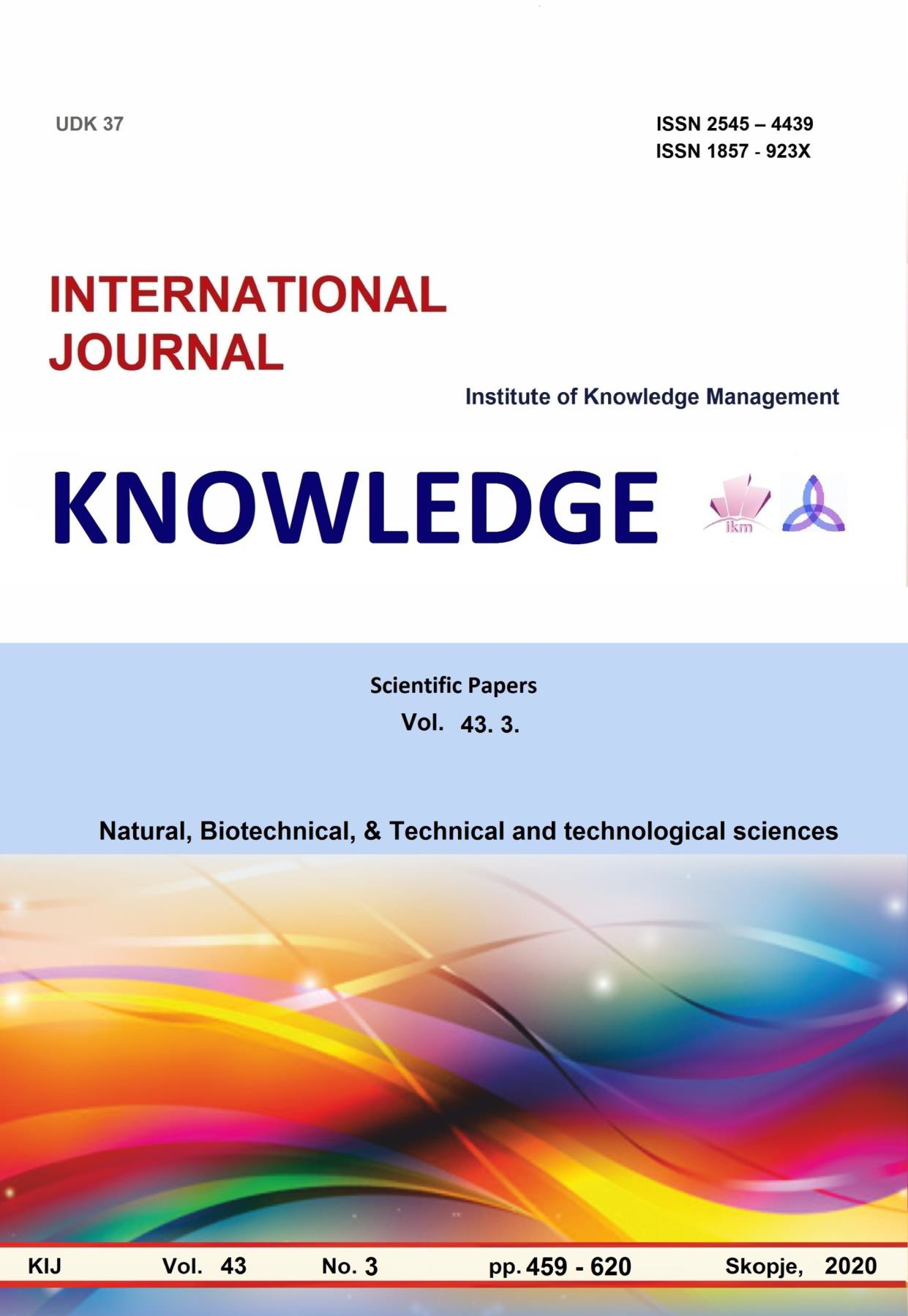MODELLING AN INTELLIGENT TUTORING SYSTEM USING REINFORCEMENT LEARNING
MODELLING AN INTELLIGENT TUTORING SYSTEM USING REINFORCEMENT LEARNING
Author(s): Jezuina Koroveshi, Ana KtonaSubject(s): Social Sciences
Published by: Scientific Institute of Management and Knowledge
Keywords: intelligent tutoring system; reinforcement learning
Summary/Abstract: Intelligent tutoring systems are computer systems that provide personalized instructions to the learner, replacing a human tutor by a machine. They aim to suggest personalized studying strategies taking into consideration student needs, level of knowledge and abilities. An ITS consists of four interacting components: the knowledge base that contains all information to be taught, the student model that contains information related to the student’s current knowledge status, the pedagogical module that decides what teaching strategy to use and the interface module that facilitates the communication between the ITS and the student. Researchers have built ITS that teach different subjects such as algebra, equation solving, chemistry, database design etc. To make and ITS more ‘intelligent’, in their design are applied different artificial intelligence principles. In this work we propose a model that uses reinforcement learning for building ITS that teaches concepts of the python programming language. Reinforcement learning is a form of unsupervised learning in which an agent learns the best policy to act by interacting with the environment through trial and error. After each action that the agent makes, the environment gives a reward that determines if that action was good or bad. The agent has no previous knowledge about the environment, but through interaction and reward it learns what are the best actions. We focus on the pedagogical module of the ITS and model it as a reinforcement learning agent, in order to learn the best strategy for presenting the learning materials to each individual student. The learning materials consist of different lessons related to python programming language. Each lesson teaches some concepts and may require prior knowledge of some other concept. The student decides what concepts wants to learn and may or may not have previous knowledge about those concepts. Taking into consideration this fact, the pedagogical module should determine a strategy to present lessons that teach concepts that the student wants to learn, and make sure that student has acquired knowledge of concepts that are precondition for learning some other concepts. The combination of the concepts that the student wants to learn and concepts that he already knows may be large, so for every student may be needed a different strategy. Because of these, we propose a model that uses reinforcement learning for the pedagogical module so it can be trained to learn the best strategy for presenting the learning materials to each student based on their knowledge and what they want to learn. We propose a way of how to organize the states, actions and rewards that can be used in training this system using reinforcement learning.
Journal: Knowledge - International Journal
- Issue Year: 43/2020
- Issue No: 3
- Page Range: 483-487
- Page Count: 5
- Language: English

